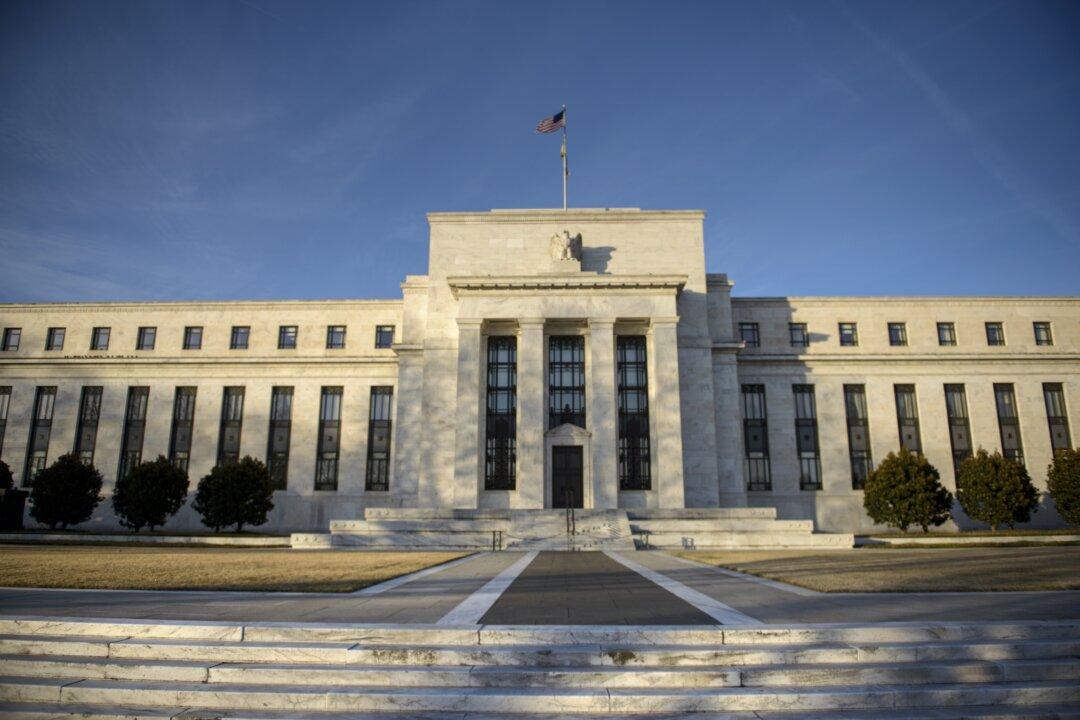WASHINGTON—The U.S. economy was growing at a moderate pace in December and early January, helped by gains in sales of autos and other consumer products, but a big drop in oil prices was starting to have an impact in Texas and other energy regions, the Federal Reserve reported Wednesday.
The Fed said business contacts in its 12 regional banking districts were seeing “modest” or “moderate” growth. General merchandise retailers in the New York area reported largely sluggish holiday sales while high-end merchandise in Philadelphia and San Francisco did well.
Payrolls grew in a variety of sectors but significant wage gains were seen only by workers with specialized technical skills.
The Fed report, known as the beige book for the color of its cover, will form the basis of discussion at the Fed’s next meeting on Jan. 27-28. The Fed at its last meeting in December said it expected to remain “patient” as it decides when to begin raising interest rates.




